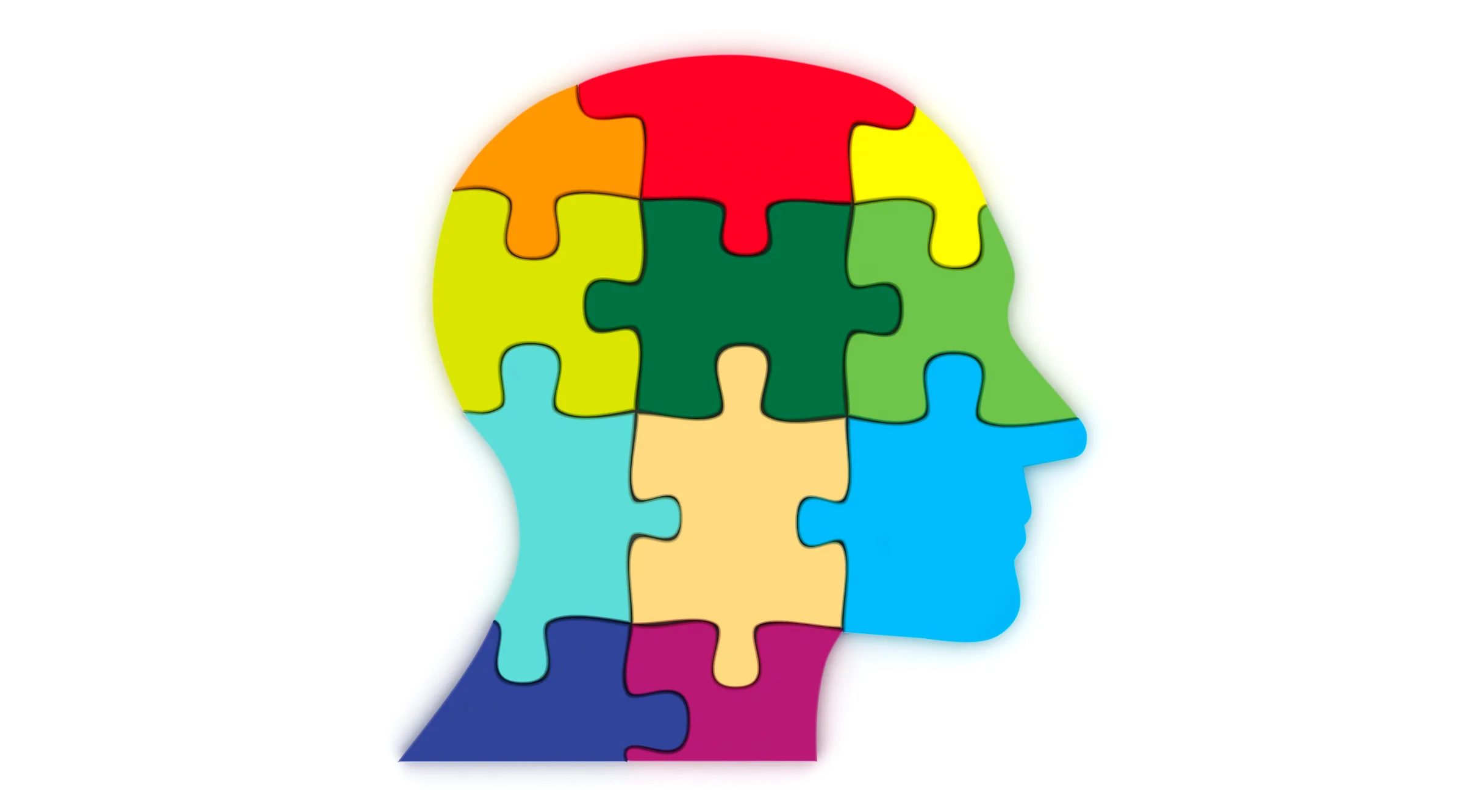Unlock Your Full Potential

Embark on Your Learning Journey
Historian & Author of ’21 Lessons for the 21st Century’
SHAKTIFY's Courses Go Where Formal Education Doesn't Reach
- Shaktify’s Approach
- Why Systems Thinking
- The How of Systems Change
- What Systems Thinking Really is
Shaktify’s Approach

Why Systems Thinking

Complexity is not just restricted to global affairs, but permeates our business environment, our professional careers and manifests in our daily personal lives. In a CEO survey carried out by KPMG in 2023 most business leaders agreed that the management of complexity was their top concern. Even in our personal lives we hear of, or sometimes witness forces of identity, racism, religious intolerance, domestic violence and gender discrimination at play.
What are we to make of all this? Our socio-political, economic, educational and legal institutions are unfortunately not structured to convey the big picture, resulting in siloed, partial and ineffective responses. The gulf between complexity and our understanding of it is thus getting wider by the day.
The beauty about systems thinking is that it helps individuals build their emotional intelligence and can help people overcome biases which is critical for sustainable problem-solving and for living harmoniously. If we have to make life on planet Earth sustainable for future generations; if we have to harmonise business pursuits with people and planet; if we wish to build stocks of emotional balance and mental adaptability to deal with all the emerging uncertainties, we necessarily need to make systems thinking pervasive.
Systems Change

While systems thinking gives us a path to what needs to be worked on and what shifts are necessary, it falls short on how these shifts can be brought about. Systems change, in contrast, provides us the wherewithal to travel on that path. It is the art and science of designing for and executing systemic shifts.
Systems change is a vast space which extends from personal self-transformation to planetary level transformation. It includes aspects such as agency creation, imbibing universal values and setting up communities of practice. It embodies the key principles of systems approaches but dwells heavily on the point at which change needs to be introduced. Several tools and praxes exist such as levels of listening, the art of conversations and creating narratives that lead to strategic action for change.
What Systems Thinking Really Is

Systems thinking helps us unearth the inter-relationships between people, things, phenomena and our planet and helps us to become clear of the entire chain of consequences of our actions. It reveals appropriate points for intervention depending on whether one is an individual, a social sector or corporate entity or a government or multilateral body.